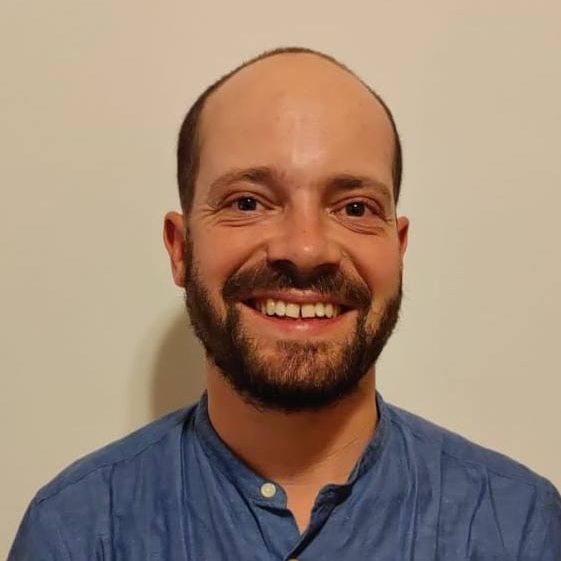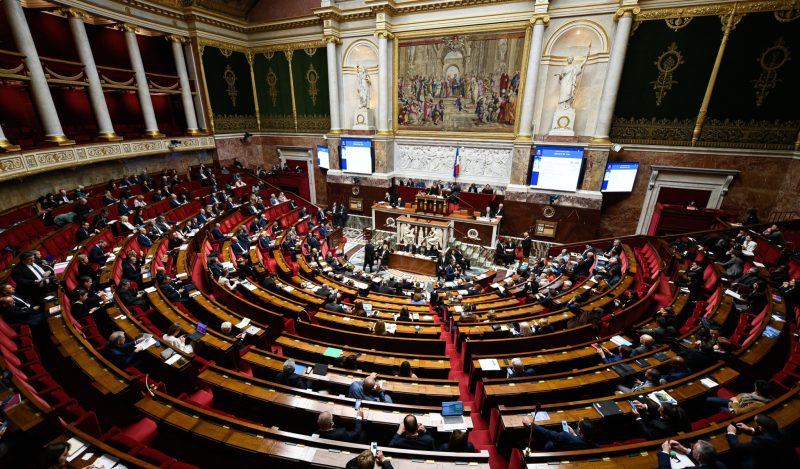The last twenty months have seen an unprecedented transfer of wealth from poor to rich, and from small independent businesses to large corporations. The processes by which this has happened are now well-described; and includes the exploitation of mass testing and personal protective equipment, the profitable system of bio-surveillance with its consequent testing and monitoring systems, the pharmaceutical industry selling new products, and the stranglehold of large corporations forming monopolies as smaller competitors have been forcibly closed.
This process, which has led to an expansion of wealth of the billionaire class, is built on a societal shift in which we have all become primarily medical objects, rather than citizens living in and sharing in society together.
Rather than be ‘in partnership’ with medical decision makers, we have become objects – objects to be masked, vaccinated, tracked and traced. As objects we become a resource for financial exploitation, from which profit can be made.
The medicalised objectification of humans long precedes the start of the pandemic in 2020. The French physician Charcot in the late 19th century described an unusual syndrome in women, where those that were suffering from the syndrome had symptoms of headache, paralysis, blindness, loss of sensation, fits of crying or screaming, and other nonspecific symptoms. Charcot described the illness as hysteria. Charcot held public lectures, in which he would select from a list of patients and would induce and demonstrate the signs of hysteria, in public, to impressed crowds.
A contemporary of Charcot commented ,“[e]ndowed with the spirit of authority, [Charcot] handled his subjects as he would; and without, perhaps, taking them sufficiently into account, he suggested to them their attitudes and their gestures. … At the command of the chief of staff, or of the interns, they [patients] began to act like marionettes, or like circus horses accustomed to repeat the same evolutions”.
The historian Shorter explains that through this process of inducing hysteria, Charcot created a new way to be ill; “through his writings and his public demonstrations of hysterical patients, he then popularised this new illness and spread its template for others to follow. Charcot-style hysteria remained a common diagnosis throughout much of Europe, but after his death in 1893, the popularity of this presentation began to sharply decline.”
Therefore Charcot provided a particular, and new, way of expressing emotional distress. Instead of women being listened to and responded to when in a state of distress, symptoms were elicited and a label applied. Once labelled, the women became objects of entertainment in medical lecture theatres, and the women were then used to enhance the reputation of the institutions associated with Charcot, and Charcot was able to advance his own personal career, leading to fame and presumably self-enrichment, all built off the back of turning women’s emotional distress into a medical object.
It is doubtful that the women themselves benefited, in any way, from being used as objects of entertainment in the public lecture theatre.
This process, of medicine being used to turn aspects of human suffering, or the human experience, into diagnoses and therefore transforming individuals into medical objects, leads to immense opportunity for financial profit. The human soul is infinitely complex and there are limitless opportunities to ascribe a medical label to one aspect of the human soul – whether that be emotional distress, sexual orientation, gender identity, or any other part of the human psyche – and therefore lock individuals into a lifetime of medical diagnosis and consequent interventions, all of which can be delivered for significant profit.
This system of viewing people as objects for medical intervention has become increasingly expansive over the last few decades. Mental health awareness campaigns have promoted the idea that “one in four” of us has a mental illness, and therefore has justified the expansion of a whole web of psychiatric treatments to the general public – ranging from well-being programmes, to the mass prescriptions of antidepressant medications. Whilst some individuals may report benefits from these interventions, they certainly have not served to make us any healthier – with acute psychiatric services receiving more referrals and being under greater strain than ever before.
Meanwhile, the psychiatric pharmaceutical system becomes ever more expansive, with profit arising from turning an aspect of the human experience into an object which can then be labelled and sold. Instead of approaching someone in distress with an open mind, being curious about what might be happening to them, and supporting them with problem solving, the response can instead be to label, which can then be sold and exploited. The same process that led Charcot in Paris in the 19th century to label a medical condition where there was not one previously is happening now, such that we all stop being individuals and become medical objects.
Surveillance capitalism
Much has been written about the monopolising tech companies’ ability to extract data from us as users which can then be used to control information and exert power, in a process that was initially termed by Shoshana Zuboff as surveillance capitalism.
However the system of surveillance capitalism relies on data being available in a form that it is possible to extract. The medical system has become the facilitator in converting the complexities of human behaviour and range of emotional experience into medicalised data points that can then be fed, as raw material, into the system of surveillance capitalism.
The pandemic has turbocharged this process of medical objectification. We are no longer individuals, with unique desires, responses, wishes and drives, but rather are primarily considered by policy makers to be infection risks. Once we are primarily objects, rather than diverse human beings, it then becomes legitimate for medical procedures to be mandated, mask wearing to be forced, or our movements to be tracked and traced.
Narcissism and identity
Narcissism, in the psychiatric sense, does not describe self-love, but rather the treating of oneself and others as objects that can be used for our own gain, rather than as individuals to be in relationship with. A narcissistic society will be one that is isolated, without meaningful interpersonal or community relationships, and where we all try to exploit and manipulate one another for personal gain.
We are more easily exploited and objectified when we label ourselves. Rather than being a process of self-actualisation, too often taking on new identities can just simply become a tagline to an online persona which can then be categorised and monitored, and becomes a resource that can be used as a raw material for exploitative profit in the system of surveillance capitalism.
Resisting objectification
Whilst some members of our society, particularly those in leadership positions, may get some sort of gratification out of treating others as objects and being able to assert power and control over others, for the most part the feeling of being in an objectifying/objectified dyadic relationship is unsatisfying, and, at its worst, can leave us feeling used and contaminated. This feeling becomes more prominent the harder we are pushed into an objectifying/objectified relationship without our consent.
Wearing a mask no longer is about choosing to participate in a medical intervention which may offer a degree of protection [although the strength of evidence for this protection is weak], but rather it becomes a signifier that we are willing to consider ourselves primarily as a medical object, which can be monitored, tracked, traced, and injected. Not much wonder, then, that so many find that wearing a mask leaves them feeling manipulated and used.
While the system of bureaucracy that is now established in collecting information and data on us as objects is modern, the impulse to treat our fellow humans as objects for our own personal gain is ancient. This impulse, however, can be resisted, and any act which reduces our own objectification but rather moves us to a position of “being in relationship with” is an act of transgressive non-compliance within a system of surveillance capitalism.
Fundamentally, a surveillance-based society is weak. A surveillance society is based on us all having our primary relationship with the power structure that is practicing the surveillance – such as the government, or the big tech companies, but not with each other.
However, the relationships that we build with one another in community, in all of our diversity, is always going to be stronger and more robust, and more complex, than just having a single relationship with a system of authority.
The liberation that can be found in community will always feel more special, more human, more empowering, than the exploitative system offered by surveillance capitalism – which is one where we brand ourselves with a label, or a mask, which is then used by others for financial gain.
Watching the slow march of the surveillance society slowly entrenching itself, as our bodies are marked by masks as primarily medical objects, to be labelled, branded, and aspects of our identity to be sold, and then as societies around the world introduce vaccine passports, it is easy to slip into a state of despair. However the inherent weakness of the surveillance society, and its dependency on us turning ourselves into objects to provide the currency which fuels the surveillance project, means that this will never be a permanent state of being.
Furthermore, if we approach our relational lives with the fundamental truth that we are individual humans, in relationship with other humans, open-minded and curious about our unique diversity, then that simple act of relationship in itself becomes a tool for resistance against the systems of surveillance.
A refusal to treat ourselves and others as objects means that we exit ourselves from the surveillance state, and the tools therefore to dismantle these oppressive systems of surveillance lies with us, and in the very way that we relate to our own bodies and our own identities.
Published under a Creative Commons Attribution 4.0 International License
For reprints, please set the canonical link back to the original Brownstone Institute Article and Author.









